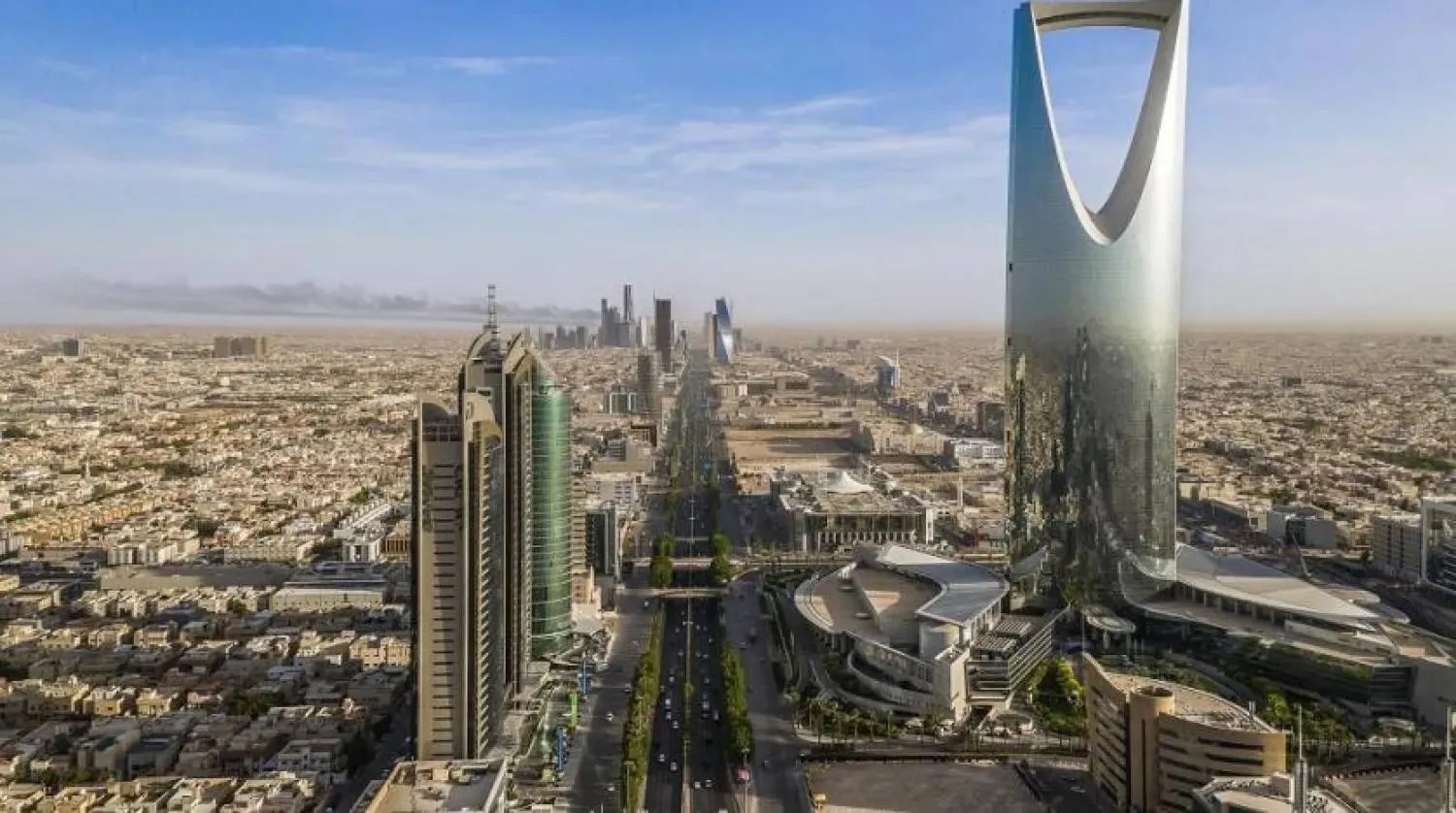Workers at the Eiffel Tower used a blowtorch to melt the ice collecting on its surfaces and snow was blocking roads and halting trains and school buses Wednesday across northern France.
Amid a European cold snap, areas in Normandy and Brittany unused to such icy conditions were closing highways for lack of snow-clearing equipment. In parts of the Paris region, local authorities halted school buses and urged parents to keep their children at home.
Snow blanketed the French capital and froze the Eiffel Tower.
“When negative temperatures return, my floors get partially covered with ice! To get rid of it, we need to use a blowtorch because ice-control salt is too corrosive for the metal,” tweeted the monument, which has been closed to the public for months because of coronavirus restrictions.
Parts of central and northern Europe as well as Britain have been gripped by a cold weather front since the weekend. Heavy snowfall tangled traffic and stranded drivers in Germany and the Czech Republic.
Some took advantage of the frosty climes. Cross-country skiers glided across the Charles Bridge in Prague, children sledded in the usually snowless parks of Belgium's capital of Brussels, and the deep winter freeze has reawakened the Dutch national obsession with skating on frozen canals.









